Researchers at Johns Hopkins Medicine say they have created a laboratory-grown three-dimensional "organoid" model that is derived from human tissue and designed to advance understanding about how early stages of cancer develop at the gastroesophageal junction (GEJ) — the point where the digestive system's food tube meets the stomach.
Research and publish the best content.
Get Started for FREE
Sign up with Facebook Sign up with X
I don't have a Facebook or a X account
Already have an account: Login
 Your new post is loading... Your new post is loading...
 Your new post is loading... Your new post is loading...
|
|




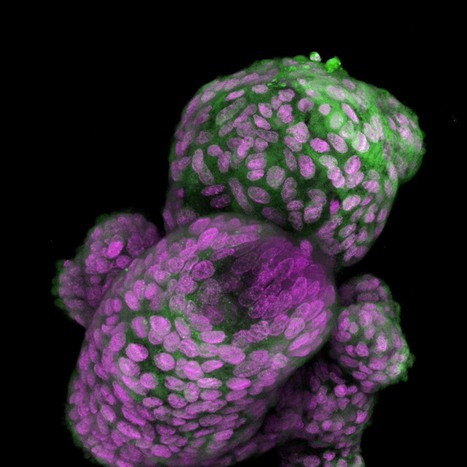



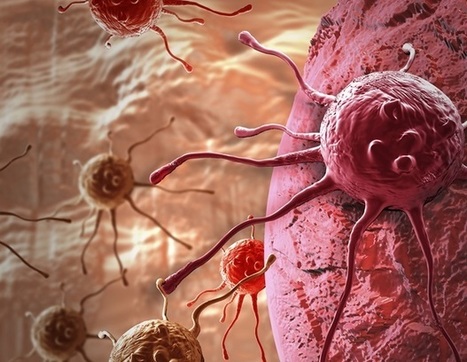
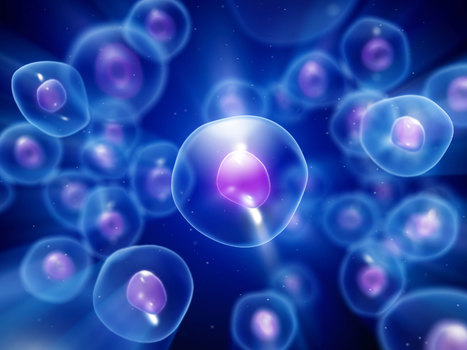
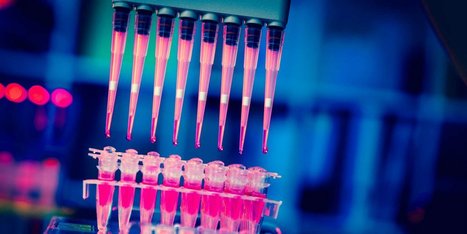







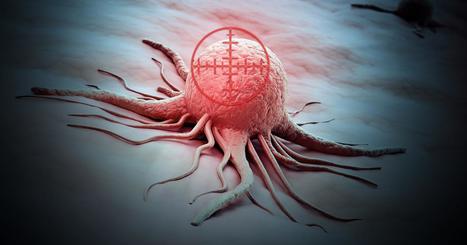







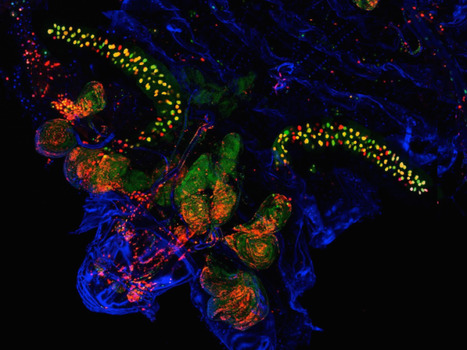

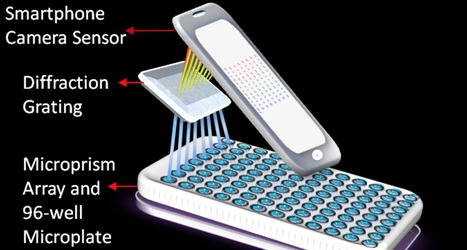






Researchers have created a laboratory-developed, three-dimensional organoid model derived from human tissue and designed to understand the early stages of cancer in the gastroesophageal junction (GEJ), the point where the food pipe of the digestive system meets the stomach. Using CRISPR-Cas9, the researchers also eliminated two key tumor suppressor genes, TP53 and CDKN2A,c in the organoids. The dual inactivation of these genes made the cells more cancerous, with faster growth and microscopic features closer to malignancy. These altered organoids also formed tumors in immunodeficient mice. The team further found abnormalities in lipids that store energy but also perform a variety of other functions, and identified platelet activating factor as a key lipid upregulated in GEJ organoids. The researchers used WEB2086, which stopped the growth of implanted GEJ organoid tumors. WEB2086, a Food and Drug Administration-approved compound used to treat platelet diseases, inhibits platelet activating factor receptors in GEJ.